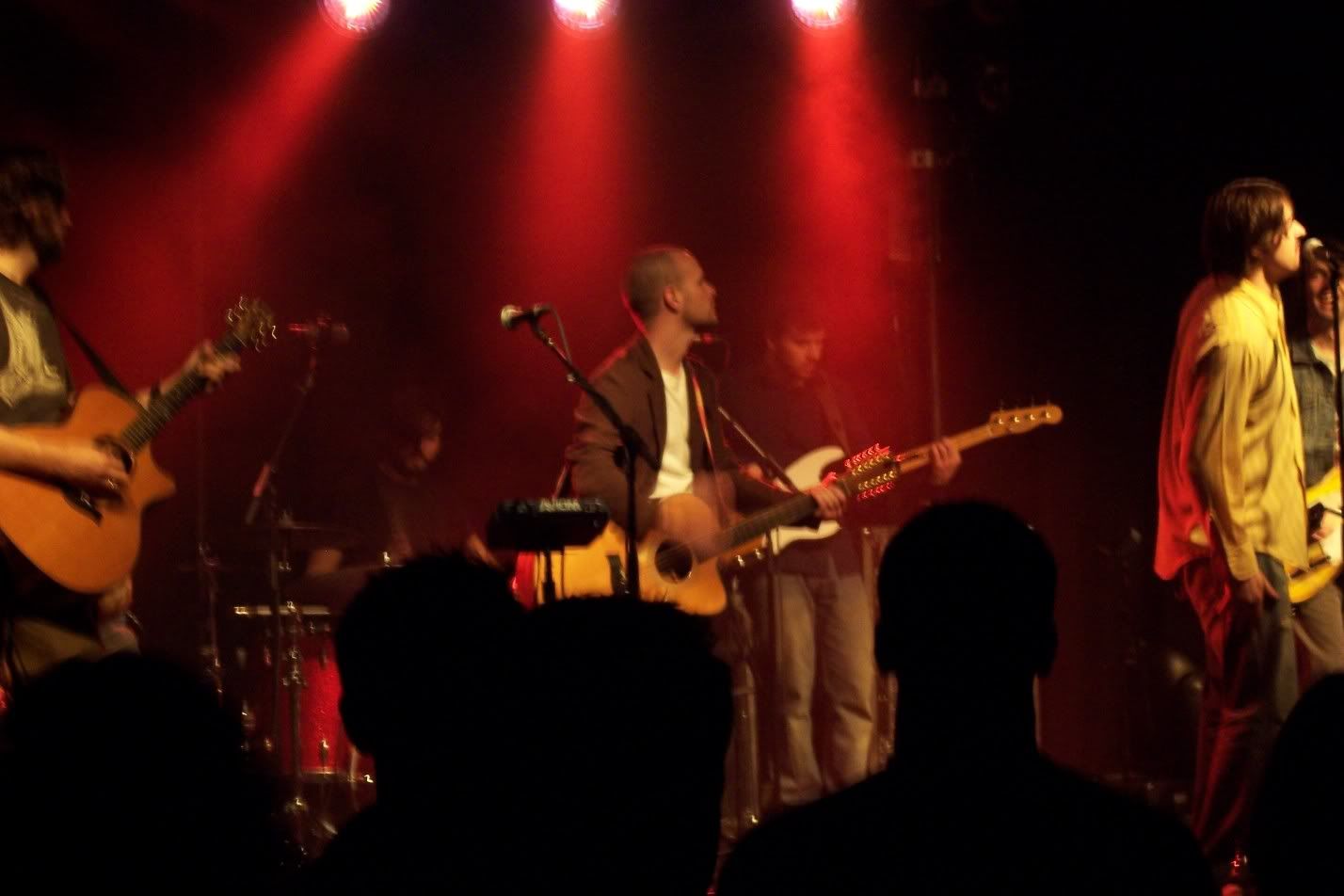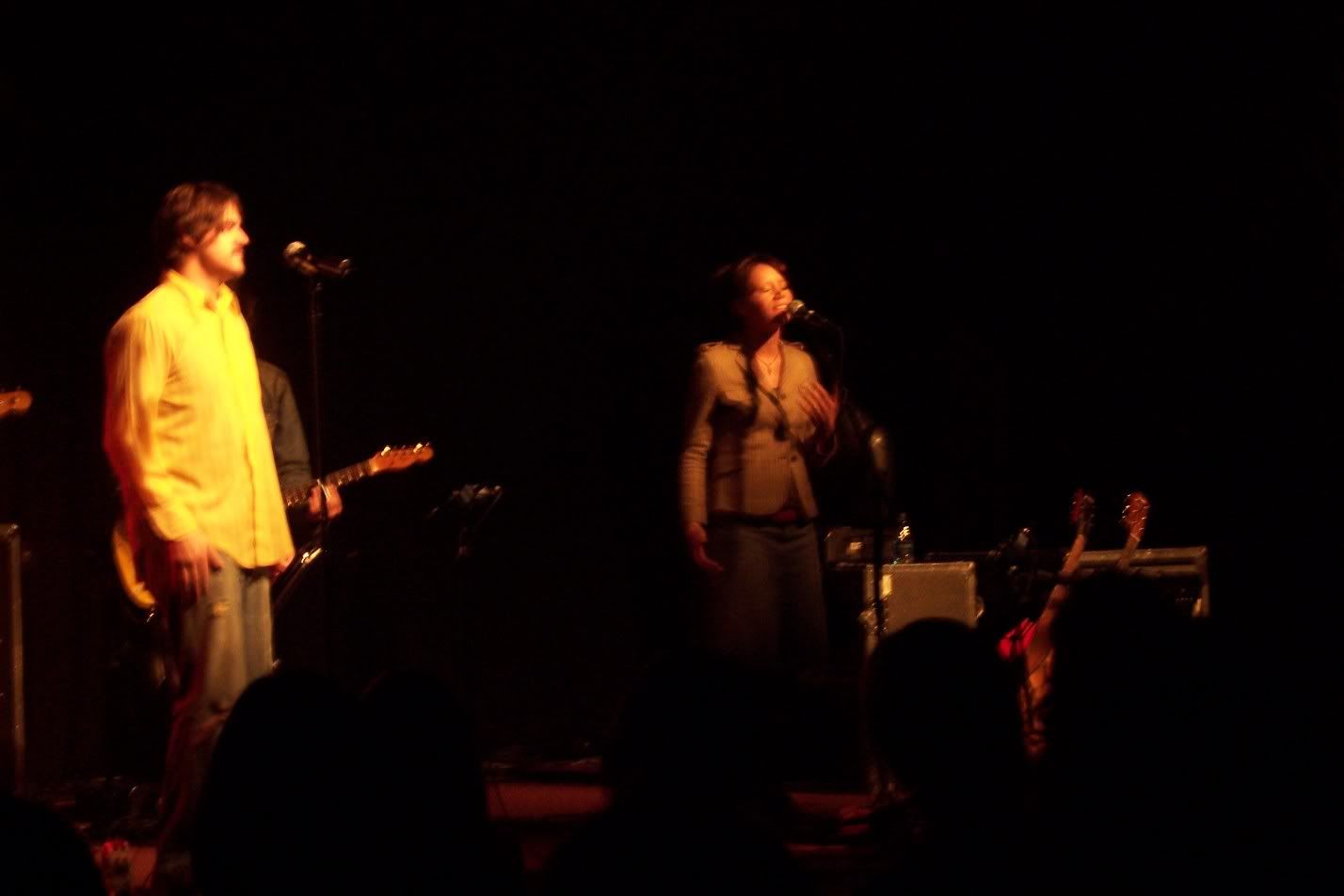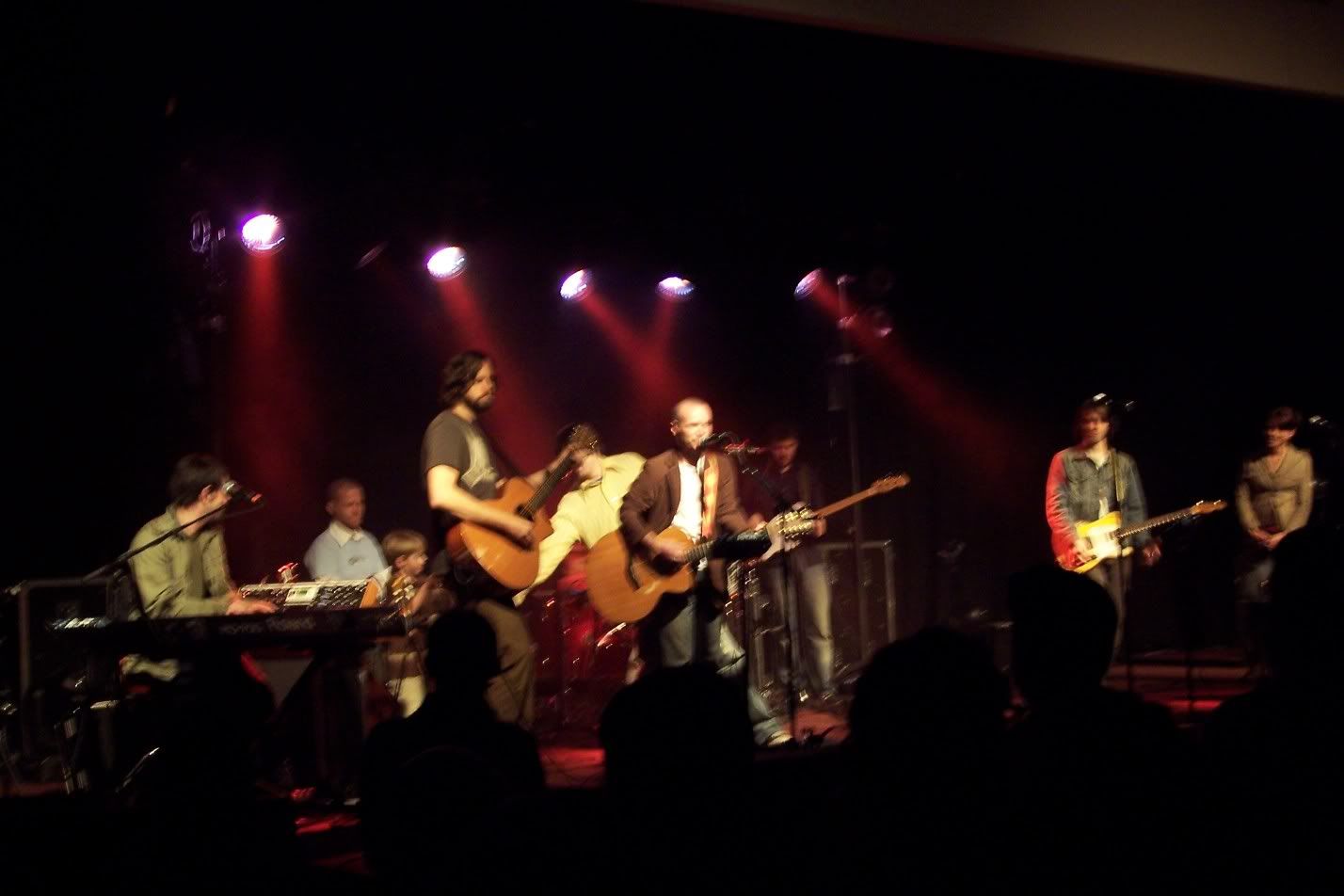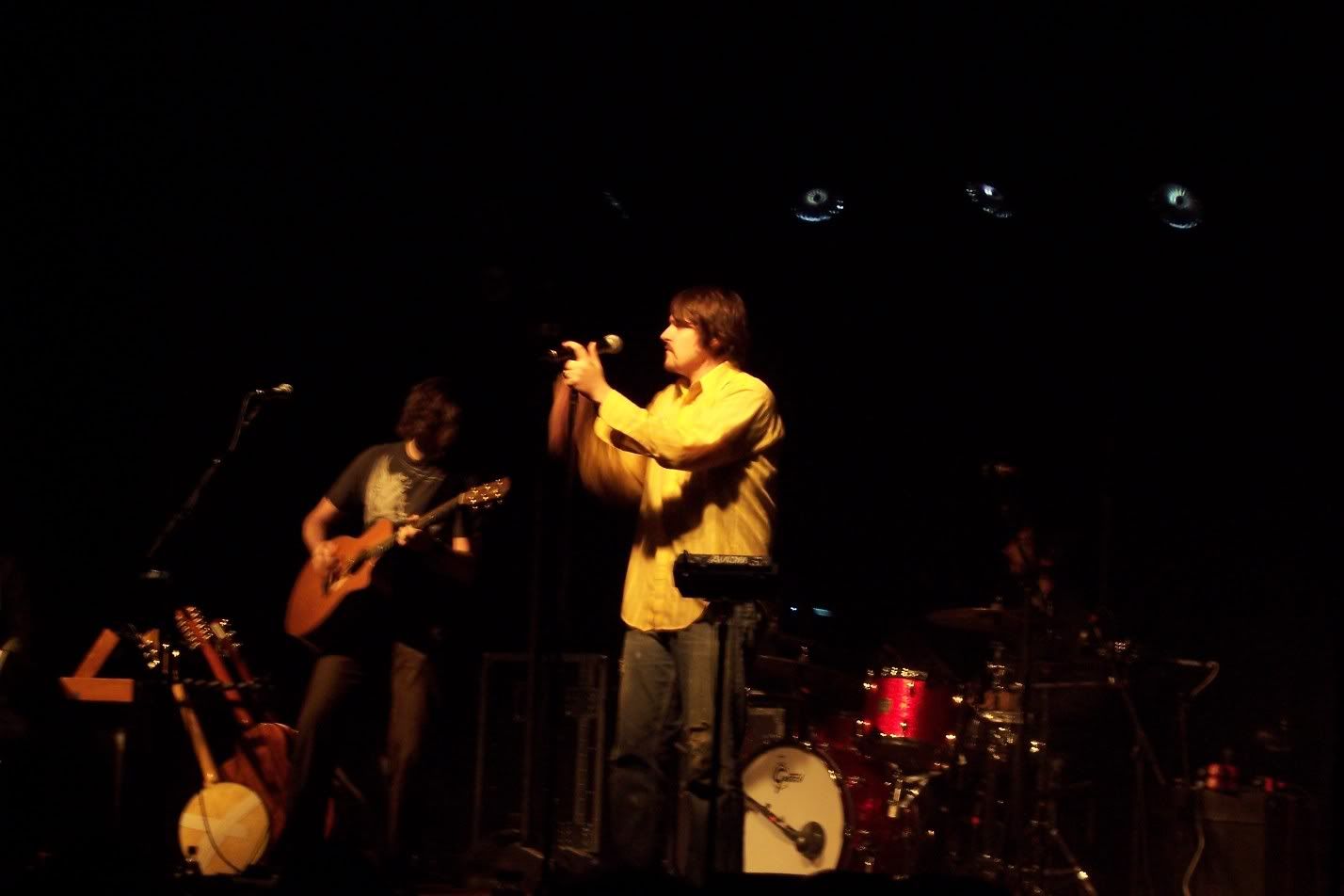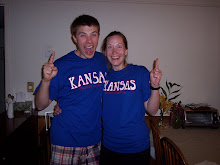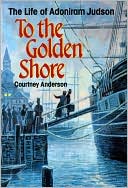Please don't forget . . .
to remind me to apply to as many PhD programs located in warm climates as possible. It's a blizzard in CU today. Dad waited with me in the snow at the bus stop. I felt kind of bad, but it's one of the best ways to get on campus with paying for parking.
Yesterday was quite nice, here and in Chicago. Dad and I made a little road trip to the Science and Industry Museum (in Chicago) yesterday. We met up with Josh, Dwayne and Nina for dinner in Chinatown. I'll give a more thorough update soon.
I wanted to post some excerpts from the book A Severe Mercy, an autobiography of Sheldon VanAuken. VanAuken was an English scholar and friend of C. S. Lewis.
Sheldon VanAuken recalls one of many discussions within their group of friends during their oxford years. They would all seem to meet at the VanAuken Studio late in the evenings, although they never planned the gatherings. Here VanAuken explains the incarnation and Davy (his wife) enthusiastically expands the example, including the Trinity.
‘Look, Richard,’ I said. ‘This afternoon Davy and I were talking about writing a novel of Oxford with the Studio in it, and us, and everybody. Now, assuming we could do it –‘
‘Assuming you could do it,’ said Richard, ‘I’d buy a copy. Not more than five shillings, though.’
‘Listen,’ I said. ‘We’re talking about the Incarnation. Okay, suppose I write it – it’s too complicated with two authors – and I put myself in it. There I am, walking down the High, wearing a Jesus tie – in the book. And let’s say I make up a lot of characters not using real people for fear of hurting their feelings. But I am in it, and I, the character, say whatever I would say in the various situations that occur in my plot.’
‘What about the Incarnation?’ said Richard.
‘That’s what I’m telling you, stupid fellow,’ I said with a grin. ‘Don’t you see? I am incarnate in my book. I am out here writing it, so I’m like God the Father. But it’s really me in the book, too, isn’t it? So that’s Jesus, the Son, right? The me in the book speaks my words - and yet they are speeches that I’ve probably never made in real life, not being in those situations. And yet can’t you see that it’s really me?’
‘Um,’ said Richard. ‘Yes, right. I see. Go on.’
‘Well,’ I said. ‘All right. I’m out here, being “the Author of all things” and I’m in the book, taking part in scenes of “drammer”. Incarnate in my book. Now, the me in the book: he’s all me, isn’t he? And he’s all character, too, isn’t he? Like the doctrine: All God and All man. It makes sense doesn’t it? And one more thing: suppose the characters run away with the story - authors are always saying that that happens. It might be necessary, whatever I had originally intended, for me to get killed - um, crucified . . . Anyhow - you see?’
‘You win,’ said Richard. ‘It does make sense that way. I’ll have to think about it.’
‘There’s something else, though,’ said Davy. ‘The other characters – made-up ones, invented ones. If Van invents characters, they’ll all, even the bad ones, have something of Van in them. Won’t they? So, you see? We all have something of God in us – God’s spirit – but only the One, Jesus, is God Incarnate. But God’s Spirit in us . . . Well, that makes the Trinity, doesn’t it? God the Father, God the Son, and God the Holy Spirit. Actually, I’ve never seen it so clearly myself. More tea?’
Toward the end of a long period of grief following the death of his wife, Davy, VanAuken speaks of longing for heaven.
So it appeared to me. It appeared to me that Davy and I had longed for timelessness – eternity - all our days; and the longing coupled with my post-mortem vision of the total Davy whetted my appetite for heaven. Golden streets and compulsory harp lessons may lack appeal – but timelessness? And total persons? Heaven is, indeed, home.
I attempted that spring something impossible: a sort of picture of what heaven might be. I could only describe it, though, in temporal terms. We haven’t the words for eternity. It is perhaps worth noticing how many words – italicized - suggest time and are, therefore, quite inadequate. Still, this is what I wrote:
It is a heavenly afternoon. Davy and I have just had a timeless luncheon (I am assuming that God will not waste so joyous an invention as taste). I then say to her that I shall wander down to sit beneath the beech tree and contemplate the valley for awhile, but I shall be back soon. I do so. I contemplate the valley for some hours or years – the words are meaningless here where foreverness is in the air. At all events, I contemplate it just as long as I feel like doing. Then I get up and start back, but I meet someone, C. S. Lewis, perhaps, and we sit on the bench and maybe have a pint of bitter and talk for an hour or several hours – until we have said all we have to say for now. And then I go gladly back to Davy. She, meanwhile, has played the celestial organ, an organ on which perhaps every note of a song can be heard at the same time: that is, the song not played in time with half of it gone and half yet to be heard. She has played the organ for a few minutes and is just turning to greet me when I come in. Whether I was away for an hour or a hundred years, whether she has played for ten minutes or thirty, neither of us has waited or could wait for the other. For there simply is not time, no hours, no minutes, no sense of time passing. The ticking has stopped. It is eternity.
